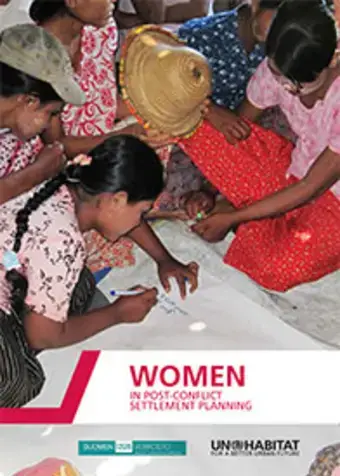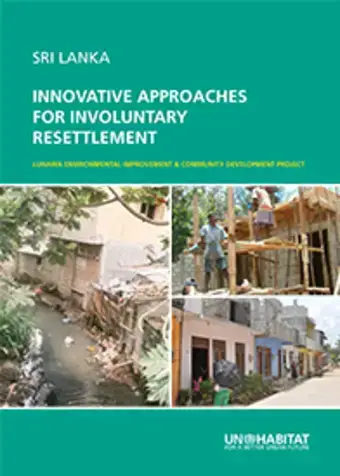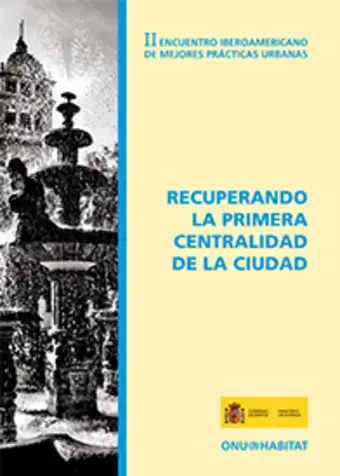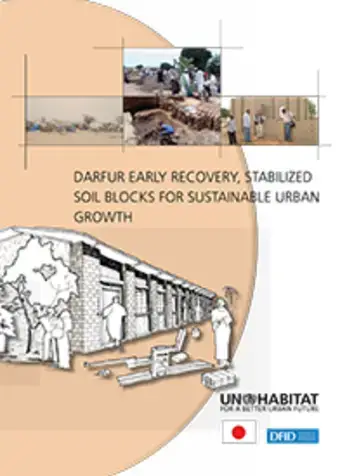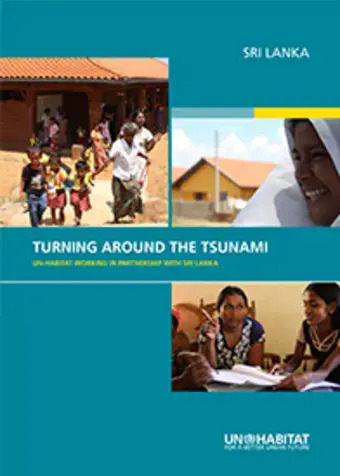 Gaza, 02 March 2016-- UN-Habitat through a partnership with the Dutch Creative Industries Fund deployed a team of four planning and architectural experts from Belgium, Netherlands, and Germany for a technical exchange with Gazan planners, engineers
Gaza, 02 March 2016-- UN-Habitat through a partnership with the Dutch Creative Industries Fund deployed a team of four planning and architectural experts from Belgium, Netherlands, and Germany for a technical exchange with Gazan planners, engineers
Myanmar poor to benefit from Japan supported UN-Habitat initiative
 Naw Pyi Taw, 24 March 2015-- UN-Habitat will assist vulnerable communities on reconstructing community infrastructure in ethnic minority areas, and on reconstructing houses in Yangon region with a grant contribution of USD 5.3 million by the Government of Japan.
Naw Pyi Taw, 24 March 2015-- UN-Habitat will assist vulnerable communities on reconstructing community infrastructure in ethnic minority areas, and on reconstructing houses in Yangon region with a grant contribution of USD 5.3 million by the Government of Japan.
Japan Provides USD 4.2 million to Improve Learning in Sri Lanka
 Colombo, 12 March 2015-- The Government of Japan is providing funding of USD 4,201,541 through the UN-Habitat for the sustainable resettlement of conflict affected people through community-driven improvement of the learning environment in Mannar District.
Colombo, 12 March 2015-- The Government of Japan is providing funding of USD 4,201,541 through the UN-Habitat for the sustainable resettlement of conflict affected people through community-driven improvement of the learning environment in Mannar District.
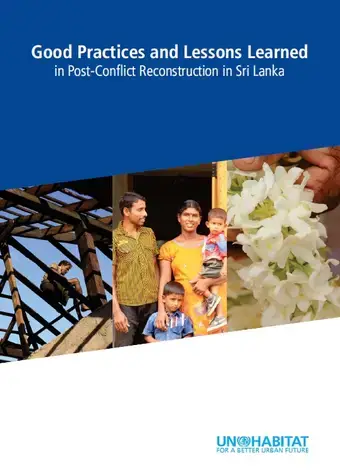
 Kilinochchi, 5 November 2015-- Japanese ambassador to
Kilinochchi, 5 November 2015-- Japanese ambassador to 